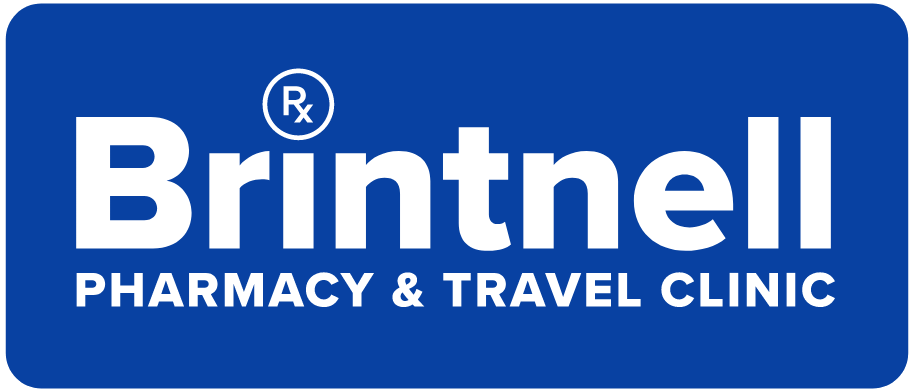Hypertension Management Edmonton
Hypertension is simply the medical term describing high blood pressure, occurring when there is too much pressure in the blood vessels, which can damage the vessels and cause other health problems.
Hypertension is a common condition that sees the long-term force of blood against the artery walls being high enough to cause health complications. In addition to the amount of blood pumped by the heart, blood pressure is also determined by the resistance of blood flow in the arteries. Blood pressure increases as the heart pumps more blood and the arteries narrow.
Hypertension is called “the silent killer” because typically it has no warning signs or symptoms. Everyone can have hypertension, which is more common as we age. Once one has it, it usually lasts for life. It is among the leading causes of death and disability worldwide because it increases your risk of serious problems such as heart failure, heart attack, stroke, and kidney disease.
Hypertension is diagnosed through blood pressure measurements taken during a visit to your primary healthcare provider. Blood pressure is measured on the upper arm using a validated blood pressure monitoring device. Blood pressure readings have two number measurements, one on top of the other, and it is recorded in millimeters of mercury i.e., mmHg. The top number is the systolic blood pressure, the highest level of pressure reached as your heart beats. The bottom number is the diastolic blood pressure, the lowest level of pressure as your heart relaxes between beats.
SYMPTOMS, COMPLICATIONS, AND FACTORS
Some people with severe or life-threatening hypertension may experience symptoms such as:
- Headaches
- Nosebleeds
- Vision changes
- Confusion
- Anxiety
- Irregular heartbeats
- Muscle tremors
- Buzzing in the ears
- Nausea
- Vomiting
- Fatigue
Hypertension can cause a range of health complications, including:
- Heart failure
- Aneurysm
- Stroke
- Heart disease
- Metabolic syndrome
- Memory problems
- Inability to understand, think, or learn
- Dementia
Several factors can make a person more likely to develop hypertension, including:
- Age
- Lifestyle
- Diet
- Excessive salt consumption
- Smoking or excessive alcohol consumption
- Sedentary lifestyle (lack of physical activity)
- Obesity
- Stress
- African or Caribbean ancestry
- Sleep apnea
- Kidney disease
- Diabetes
- Kidney disease
- Family history of hypertension
TREATMENT
Hypertension can be treated in a variety of ways. Regularly checking blood pressure and keeping a record of blood pressure at home, taking the right medications, and making the necessary lifestyle changes can make hypertension a very manageable condition. Lifestyle changes include:
- A healthy diet such as the DASH diet
- Zero to low-risk alcohol consumption
- Decreasing and limiting salt in the diet
- Reaching and maintaining a healthy weight
- Regular physical activity
- Smoking cessation
- Stress management
PHARMACIST’S TIP
The prevalence of hypertension is rising in Canada because of the increase in the number of elderly people, unhealthy lifestyle choices such as eating junk foods, drinking too many fizzy drinks or alcohol, and lack of adequate physical activity across all age groups. It is important to have access to health care professionals who can help ensure that high blood pressure is properly managed to ensure you are in good health.
At Brintnell Pharmacy and Travel Clinic, we have a prescribing pharmacist who has a Certificate in Hypertension Management from Hypertension Canada, allowing us to identify and manage patients with hypertension.
